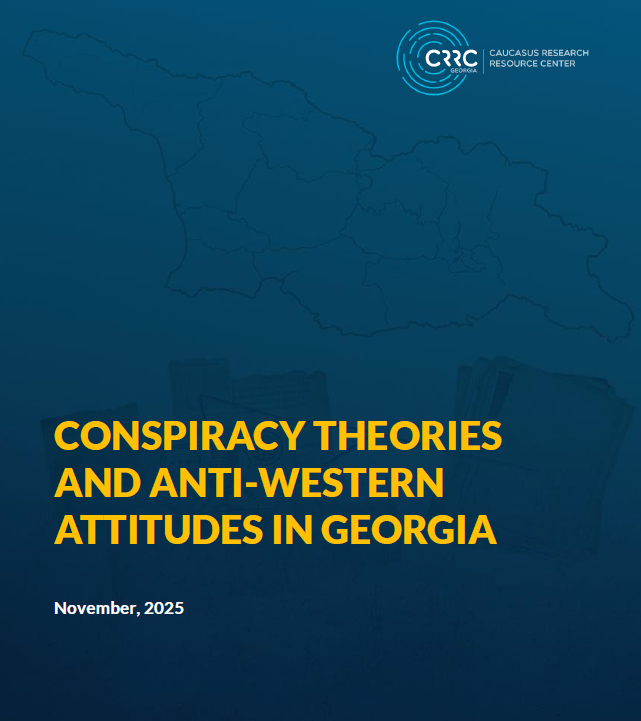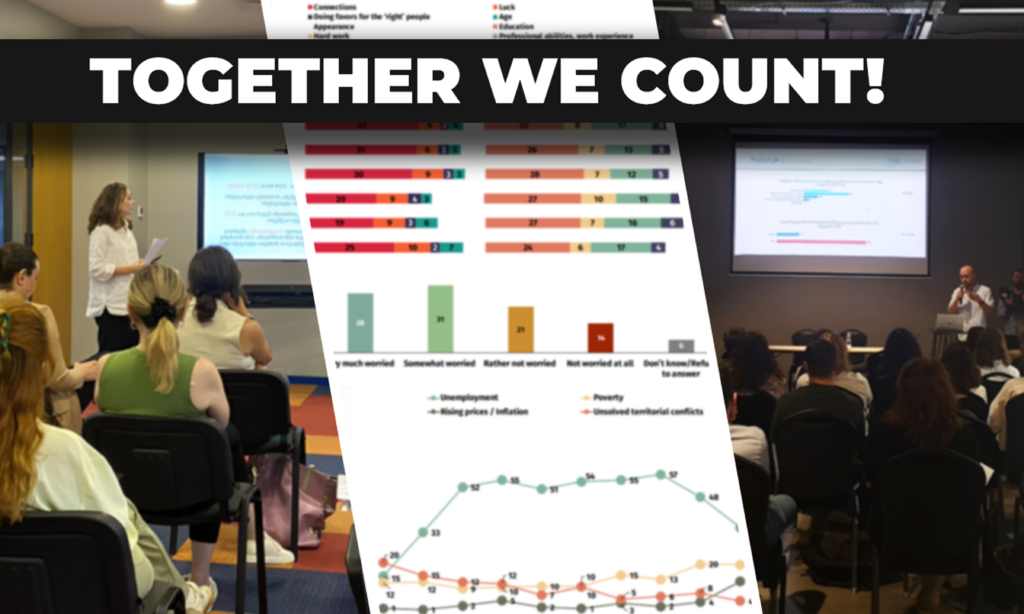Based on CRRC’s Caucasus Barometer survey data, this blog post describes how people in Georgia see the government, as a “parent” or as an “employee”, and how this differs by settlement type, gender, and education level.
The Caucasus Barometer survey regularly asks people, “Which of the following statements do you agree with: “‘People are like children; the government should take care of them like a parent’ or ‘Government is like an employee; the people should be the bosses who control the government.’” Approximately half of the population of Georgia (52%) agreed in 2017 with the former statement and 40% with the latter. Responses to this question have fluctuated to some extent over time, but overall, attitudes are nearly equally split.
Note: For the charts in this blog post, answer options “Agree very strongly” and “Agree” were combined for both statements. Answer options “Agree with neither [statement]”, “Don’t know” and “Refuse to answer” were also combined.
Opinions about the role of government differ by gender and settlement type. More women tend to agree with the paternalistic opinion about a government, while men’s opinions are equally split. As for people living in different settlement types, the population of Tbilisi answer more often that government should be like an employee.
People with higher than secondary education agree more often that people should control the government. A majority of those with secondary or lower education report that government should take care of people like a parent.
Note: Answer options “No primary education”, “Primary education”, “Incomplete secondary education”, and “Completed secondary education” were combined into the category “Secondary [education] or lower”. Answer options “Incomplete higher education”, “Completed higher education (BA, MA, or Specialist degree)”, and “Post-graduate degree” were combined into the category “Higher than secondary [education]”.
In Georgia, opinions about the role of government are divided. Women, people living outside the capital, and people with lower levels of education agree more often that a government should be like a parent.
To explore the data used in this blog post further, visit our Online Data Analysis platform.










